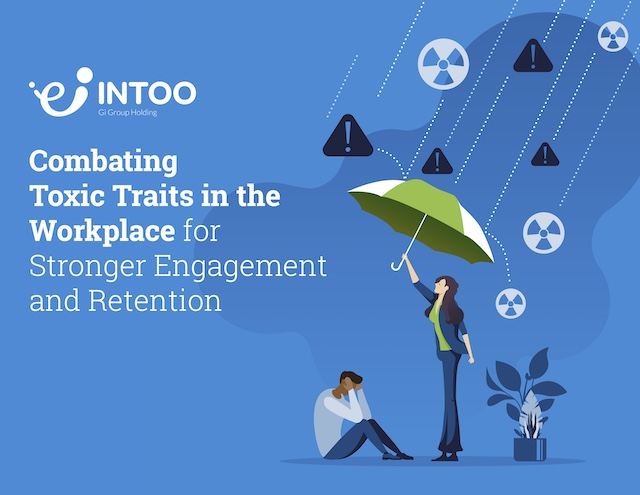
ICYMI: Shift Your Leadership Style from Manager to Coach – Watch the Recording!
Be the leader you wish you had. — Simon Sinek Missed the webinar? Now you can watch the recording of a live training session on the small but impactful shifts you can make to unlock the full potential of your team. Elevate your leadership game and become the catalyst...


 3. Leadership styles and strategies
3. Leadership styles and strategies 10. Strategic thinking and problem-solving
10. Strategic thinking and problem-solving







